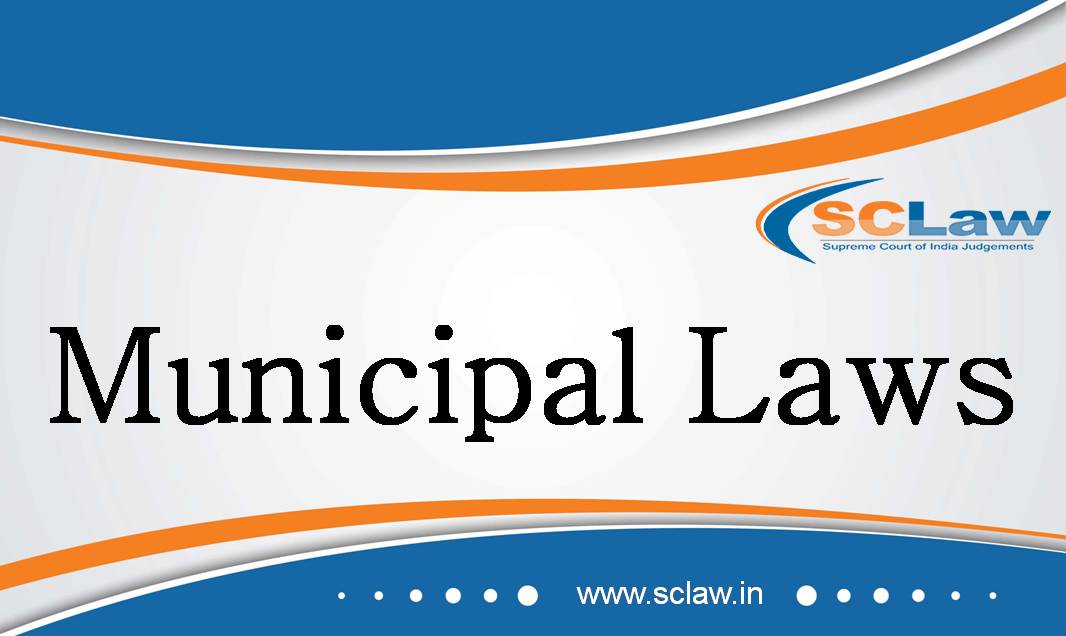Constitution of India, 1950 – Article 243Q(2) – Rajasthan Municipalities Act, 2009 – Section 5 – Public notification – Declaration of Gram Panchayat as a Municipal Board – HELD State Government had exercised powers to establish Municipality in terms of Section 5 of the Municipalities Act – Order of High Court is clearly erroneous and unsustainable in law – Appeal allowed.
SUPREME COURT OF INDIA DIVISION BENCH STATE OF RAJASTHAN — Appellant Vs. ASHOK KHETOLIYA AND ANOTHER — Respondent ( Before : Hemant Gupta and V. Ramasubramanian, JJ. ) Civil Appeal…





